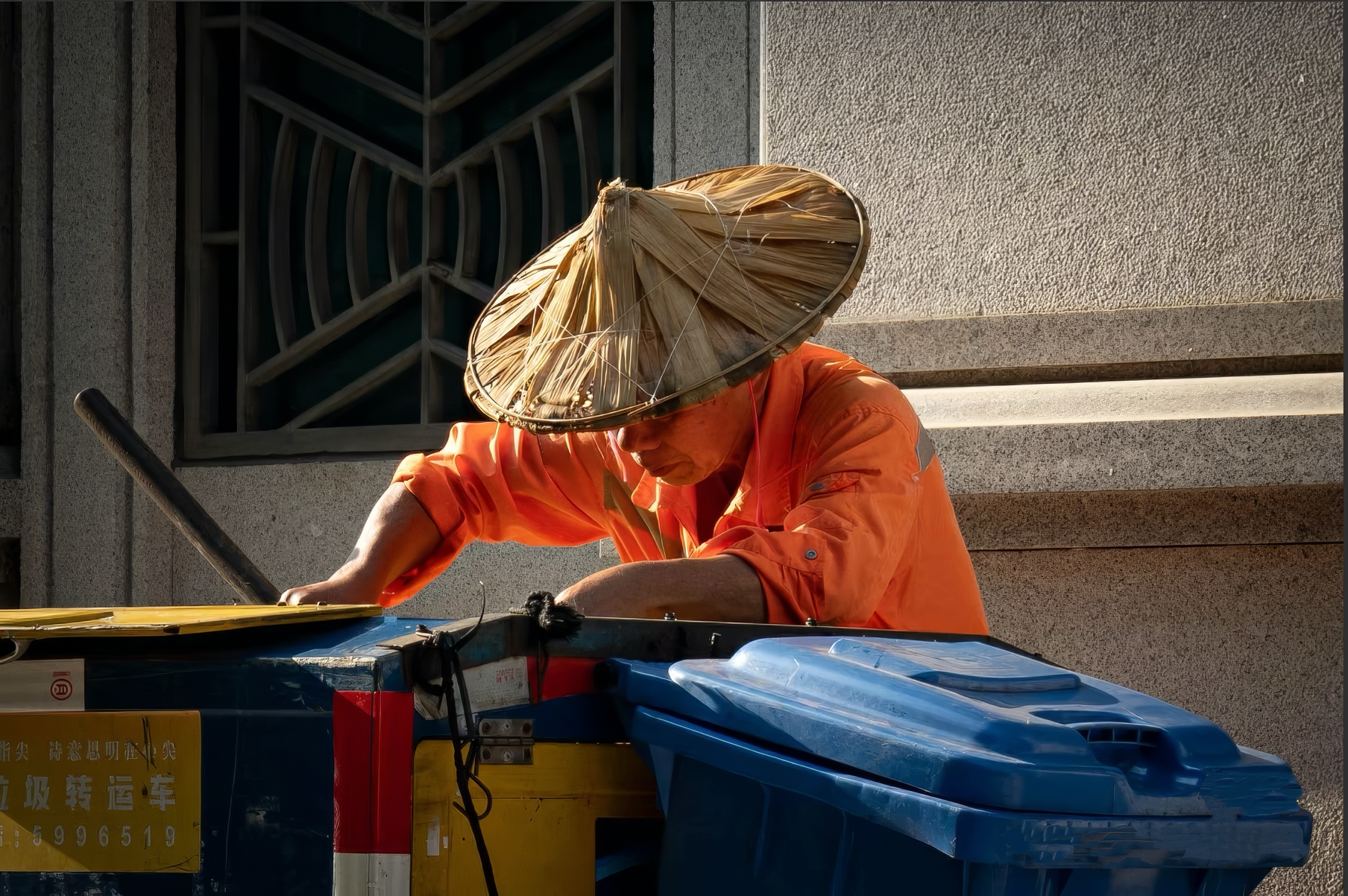Scorching Cities, Ageing Lives: Heat Vulnerability in Urban China’s Older Adults
HKUST IEMS Thought Leadership Brief No. 102
SHARE THIS

Climate change is fundamentally altering the human living environment. The World Health Organization (WHO) estimates that health problems associated with high temperatures result in more than 250,000 annual deaths, highlighting the severity of this climate-related health emergency. Older adults often possess inadequate heat adaptation abilities and face significant hardships, rendering them more susceptible to extreme heat and associated public health risks. During periods of extreme heat, older adults frequently find themselves confined indoors, a limitation that seriously affects their autonomy, mobility, and mental well-being.
The Traditional Chinese version is available here.
The Simplified Chinese version is available here.
About the Author
Jifei Chen is a researcher specialising in urban environmental studies and climate adaptation strategies. Her MPhil thesis, by which this Brief was based, focused on understanding the impacts of climate change on vulnerable populations, particularly older adults in urban settings. Jifei is a PhD student at the University of Maryland’s School of Public Health.
Xiaoming Shi is an Associate Professor at the Hong Kong University of Science and Technology. His research focuses on atmospheric dynamics, with a focus on extreme weather under climate change. He also develops advanced computational methods, including deep learning, for modelling convection, clouds, and turbulence in severe weather.
Laurence L. Delina is an Associate Professor at the Hong Kong University of Science and Technology. He specialises in sustainable development, focusing on rapid climate change mitigation, accelerating sustainable and equitable energy transitions, and enhancing the adaptation and resilience of vulnerable populations to climate extremes.
Get updates from HKUST IEMS






